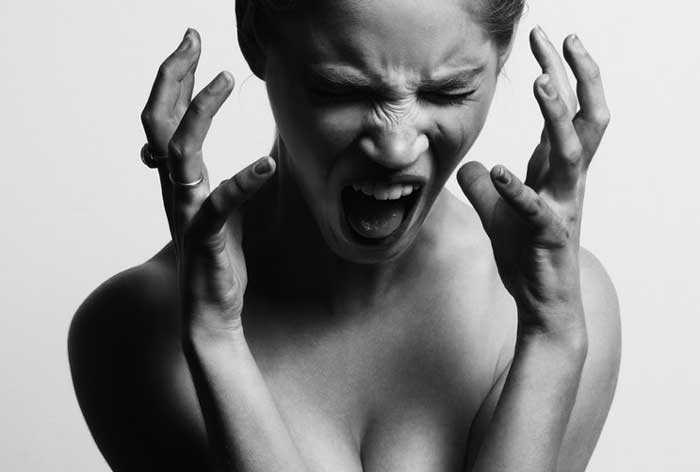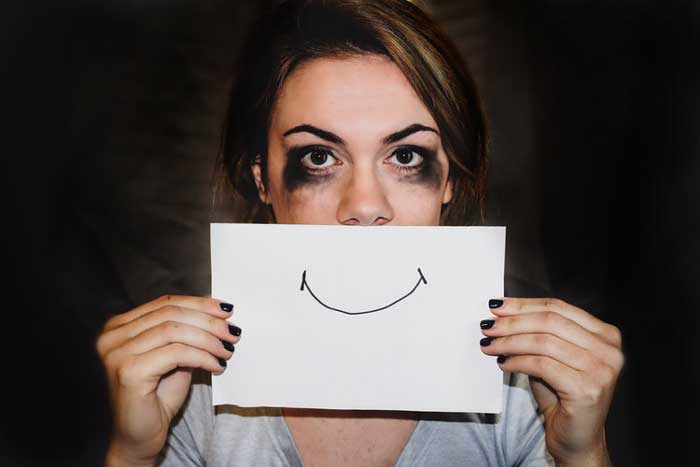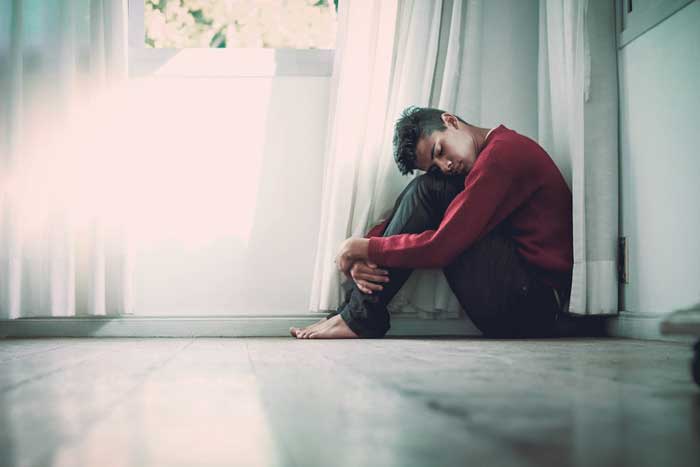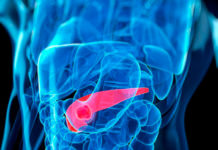 From the point of view of Chinese medicine, anxiety is a very characteristic movement of qi energy – its uncontrolled rise. Below you will see how to persuade your body not to react to different situations this way.
From the point of view of Chinese medicine, anxiety is a very characteristic movement of qi energy – its uncontrolled rise. Below you will see how to persuade your body not to react to different situations this way.
Any emotion is realized by the body: if we had nobody, there would be no chance to experience emotions, anxiety in particular. At the biological level, stressful experiences are characterized by the release of a specific set of hormones, muscle contractions, and other factors. Chinese medicine, based on the concept of qi energy, explains emotional outbursts by the quality of its movement.
Even if you do not believe that our body keeps working on natural energy, the exercises given below will help you reduce anxiety.
Anxiety or anticipation
What causes anxiety? An upcoming dangerous, solemn, or frightening event may be the cause of its emergence. But, maybe, there is no reason for it! If a person prone to an anxiety disorder feels strong enough to try and analyze the cause of excitement, in the overwhelming majority of cases it will prove to be an alarm triggered by the non-existent, hypothetical danger: “What if something bad happens?”
Being anxious, it is not that simple to recognize the ephemeral nature of unrest, therefore this type of anxiety is the most long-lasting one.
Try to recognize anticipation behind the mask of anxiety, and you will be pleasantly surprised.
Consider the first option: anxiety develops due to the fact that you are anticipating an event. For example, women who are going to give birth often say they are very anxious.
Anxiety develops against the background of expecting something bad. Anticipation appears because of waiting for something good, but if you listen to yourself, you can understand that these are related feelings. We often confuse one with another. Do you expect childbirth as meeting with the baby? This is an exciting event, but try to recognize anticipation behind the mask of anxiety, and you will be pleasantly surprised.
How to bring the energy down
If the above option does not help, or if it is not possible to find an understandable “weighty” cause of anxiety, we suggest doing a simple exercise that will help restore the emotional balance and the level of vital energy.
Why is it important to strive for this balance? Against the background of experiencing powerful and vivid emotions, we lose a huge amount of energy. No wonder people say that a lot of laughter leads to tears. Even positive emotions can deprive us of strength and reduce us to apathy and impotence.
So, anxiety takes away our strength and creates new experiences. To break free from this vicious circle, you need to start with restoring the emotional balance. This will give you an opportunity to accumulate energy, which means to restore health and the thirst for life. Believe it, this happens very quickly. The main thing is to start and move systematically, step by step.
Attention to yourself, simple exercise, and the desire to restore the emotional balance will work wonders!
At the first signs of anxiety, pay attention to your condition, be aware of it and remember that anxiety means the rise of energy. So, to stop this attack, you need to bring the energy down. It’s easy to say, but more difficult to do.
Energy follows our attention, and the attention can be most easily directed to some object, such as the hands. Sit straight, straighten your back, relax your shoulders and lower back. Raise your elbows to the sides and keep your palms at the eye level. Close your eyes and, lowering your hands from the head to the bottom of your abdomen, mentally watch this movement. Imagine how you lower your energy with your hands, collecting it in the lower abdomen.
Do this exercise for 1-3 minutes, calming the breath and focusing your attention on the movement of your hands. This will help you quickly regain the peace of mind.
This simple exercise, attention to yourself, and the desire to restore the emotional balance work wonders even with people prone to panic attacks (which is not just anxiety – it’s “super-worrying”).








